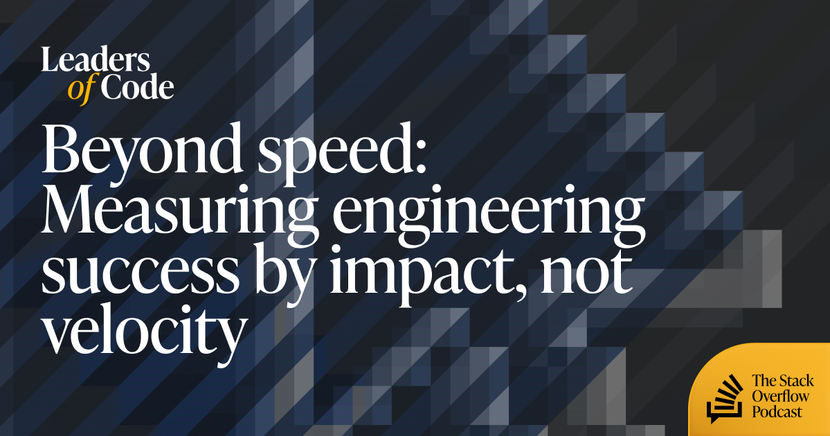Why demand for code is infinite: How AI creates more developer jobs
Not only is there a future for software development, but we’re on the cusp of enormous demand for code developed by humans.

Articles on business, SaaS, and the software that powers organizations.
Not only is there a future for software development, but we’re on the cusp of enormous demand for code developed by humans.

Successful implementation and scaling of enterprise AI projects is fundamentally a people and operating model challenge, not just a technology problem.

Learn how IBM deployed and integrated AI tools in the ultimate enterprise environment.
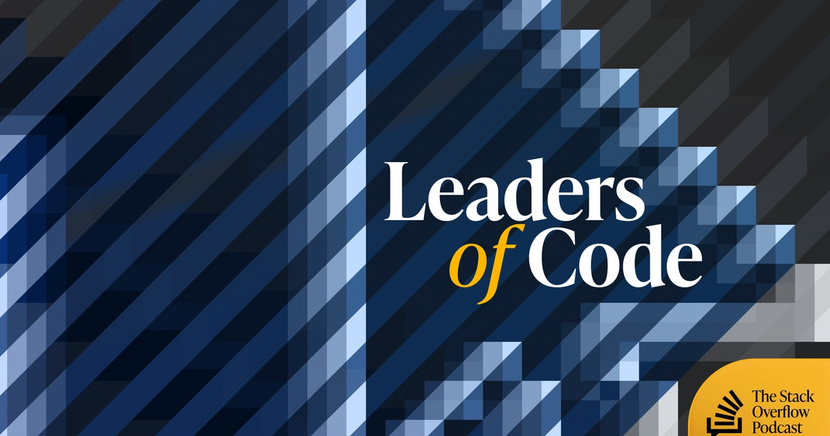
What we learned from the first year of Leaders of Code.

How Stack Internal provided the foundation for a culture of continuous learning and open collaboration.

Lessons learned building a global API platform, navigating hyper-growth, and API-powered AI agents.

Here, we’ve distilled the survey findings, laid out action items for leadership, and dug into recommendations around agentic AI for the enterprise. Spoiler alert: It all comes back to data quality.
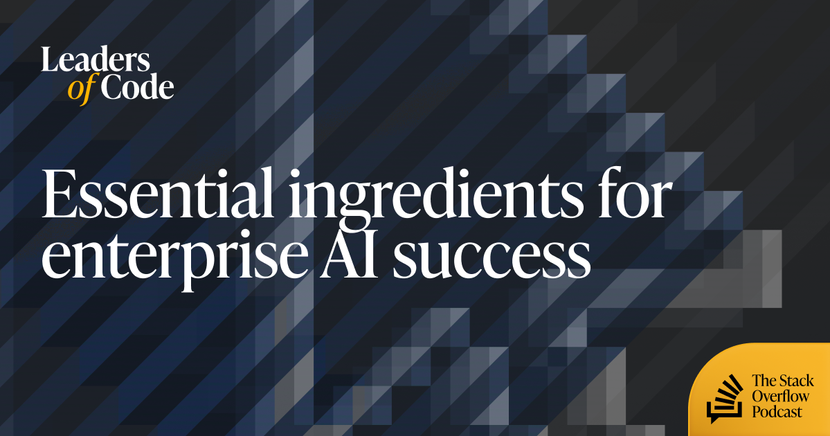
Discover how leveraging an intelligent, community-driven knowledge layer is the key to grounding probabilistic tools, preventing AI hallucination, and validating high-quality code.

This episode draws on insights from the 2025 Stack Overflow Developer Survey to equip leaders with ways to navigate the current AI landscape and capture value beyond the hype.

While AI coding assistants are helping developers become more productive, the true value of AI lies in its ability to automate the non-coding tasks that have historically been bottlenecks, allowing leaders to create more agile teams and focus on higher-level strategic problems.
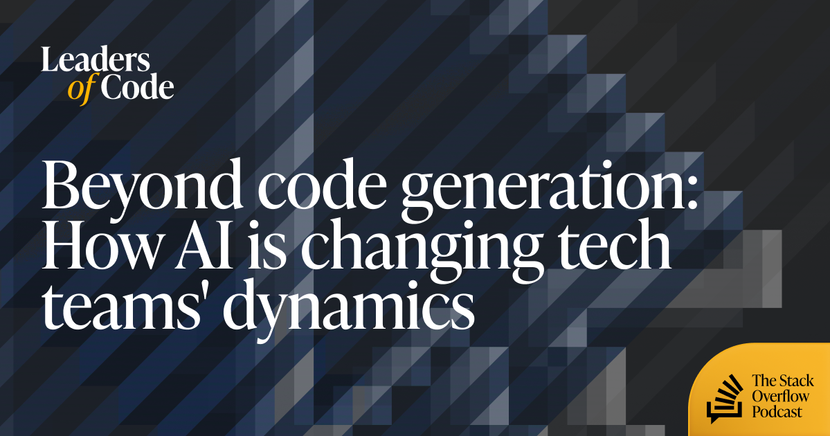
This episode provides insights and strategies to successfully navigate AI adoption in engineering teams. Learn how to build developer confidence and create environments that drive real results beyond the hype.

Whether you're leading an engineering team today or preparing for an AI-integrated future, this conversation provides practical insights into where AI can have the greatest impact on your software delivery process.

The most effective learning doesn’t happen in a classroom. It happens during work.
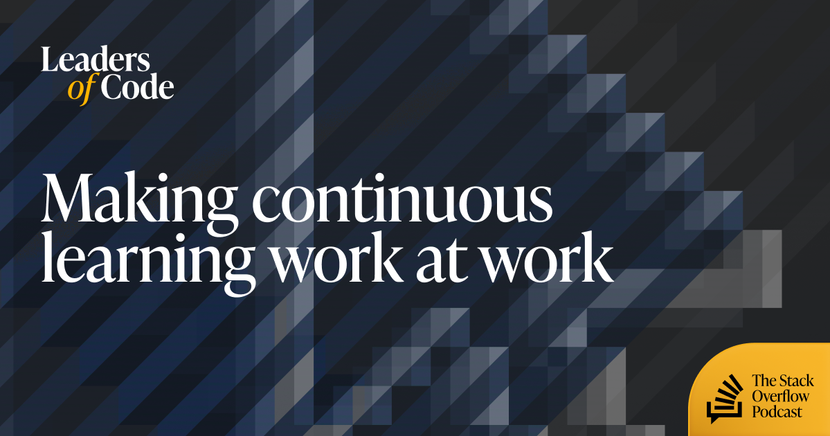
In this episode of Leaders of Code, Stack Overflow CEO Prashanth Chandrasekar and Christina Dacauaziliqua, Senior Learning Specialist at Morgan Stanley, talk about the importance of experiential learning in fast-paced environments. They emphasize the value of creating intentional learning environments where innovative tools meet collaborative communities to support growth for both individuals and organizations.
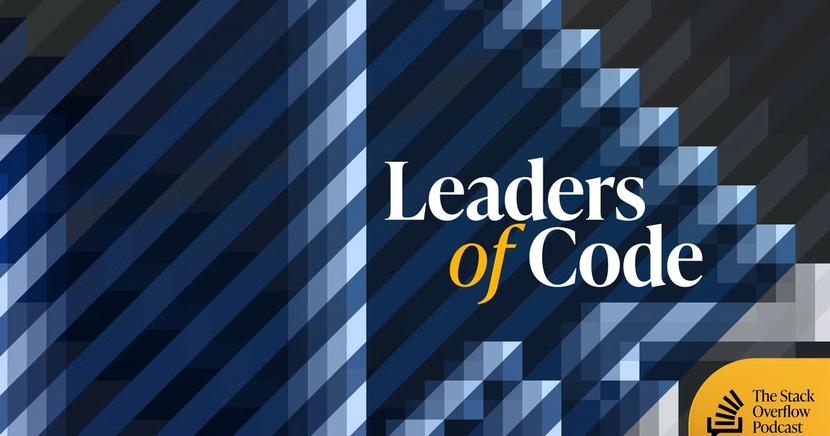
Innovation is at the heart of any successful, growing company, and often that culture begins with an engaged, interconnected organization.
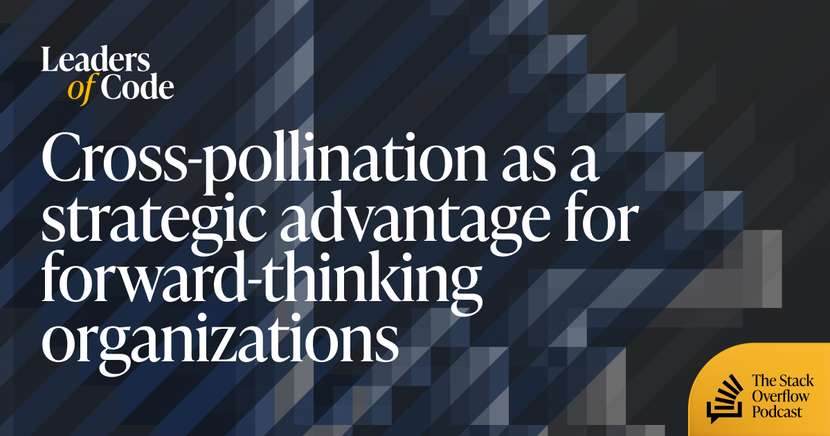
In this episode of Leaders of Code, Jody Bailey, Stack Overflow’s CTPO, Anirudh Kaul, Senior Director of Software Engineering, and Paul Petersen, Cloud Platform Engineering Manager, discuss the U.S. Bank’s journey from traditional banking practices to embracing new technologies.

Striking the balance between speed and strategy is a major challenge for business and tech leaders. That’s where aligned autonomy comes in.
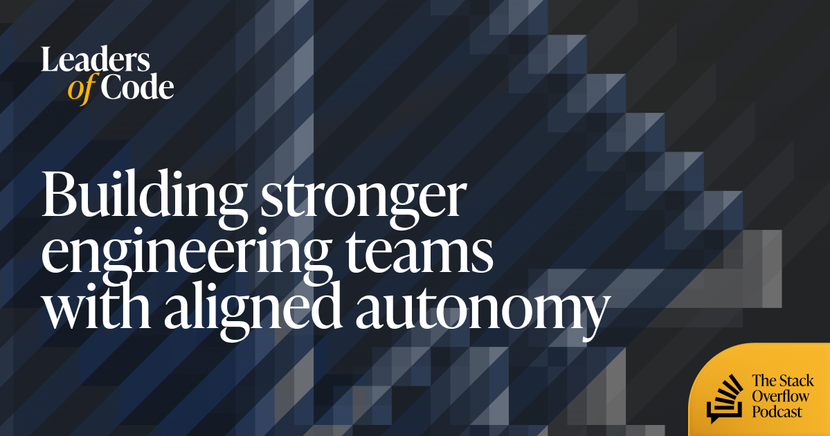
How do leaders ensure alignment, autonomy, and productivity as engineering practices continue to evolve?

AI is no longer just a luxury for the most tech savvy companies — it's now a necessity for organizational transformation. How are real teams successfully leveraging and innovating with these new tools?
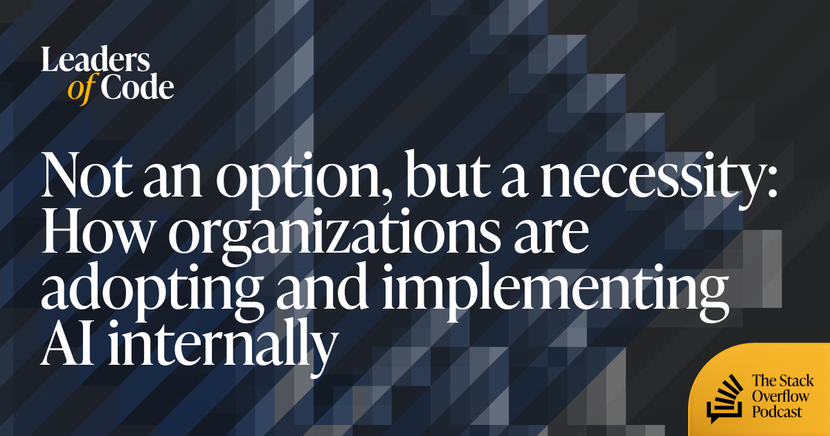
In this episode of Leaders of Code, Jody Bailey, Chief Product and Technology Officer at Stack Overflow, sits down with Dane Knecht, the newly appointed Chief Technology Officer at Cloudflare.

Diverse, high-quality data is a prerequisite for reliable, effective, and ethical AI solutions.
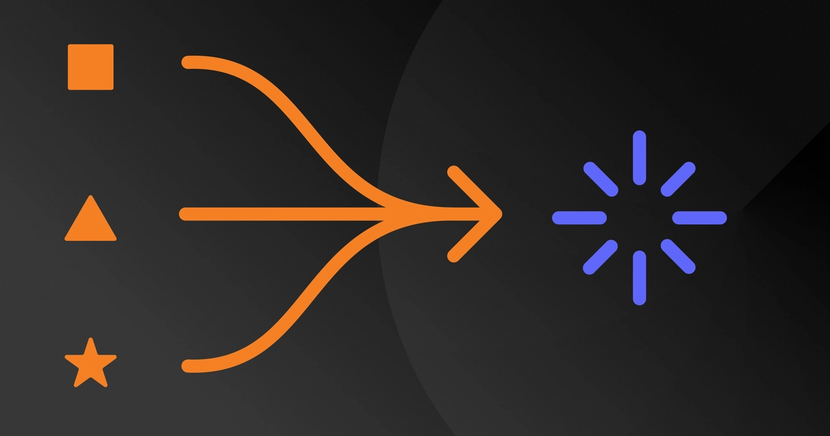
Positioned at the intersection of automation, decision intelligence, and data orchestration, AI agents are quickly emerging as essential tools for aligning business outcomes with technical workflows.
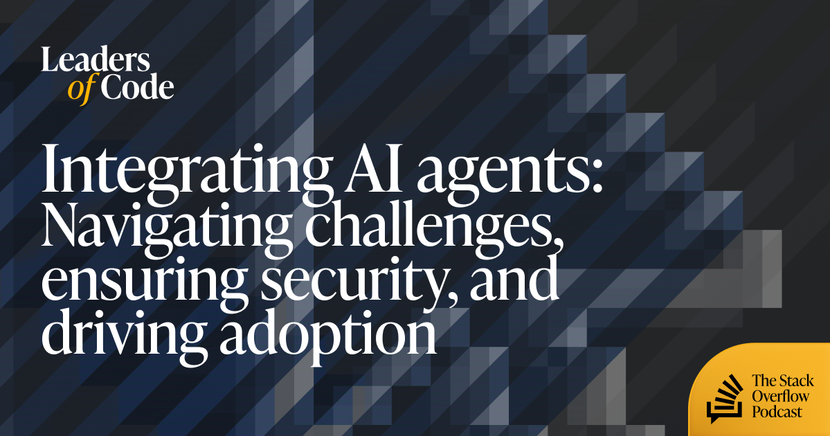
What challenges do organizations face when adopting AI, and why is understanding its limitations key to success?

If velocity is just a tool and not a goal, how do you measure real success for engineering teams?
